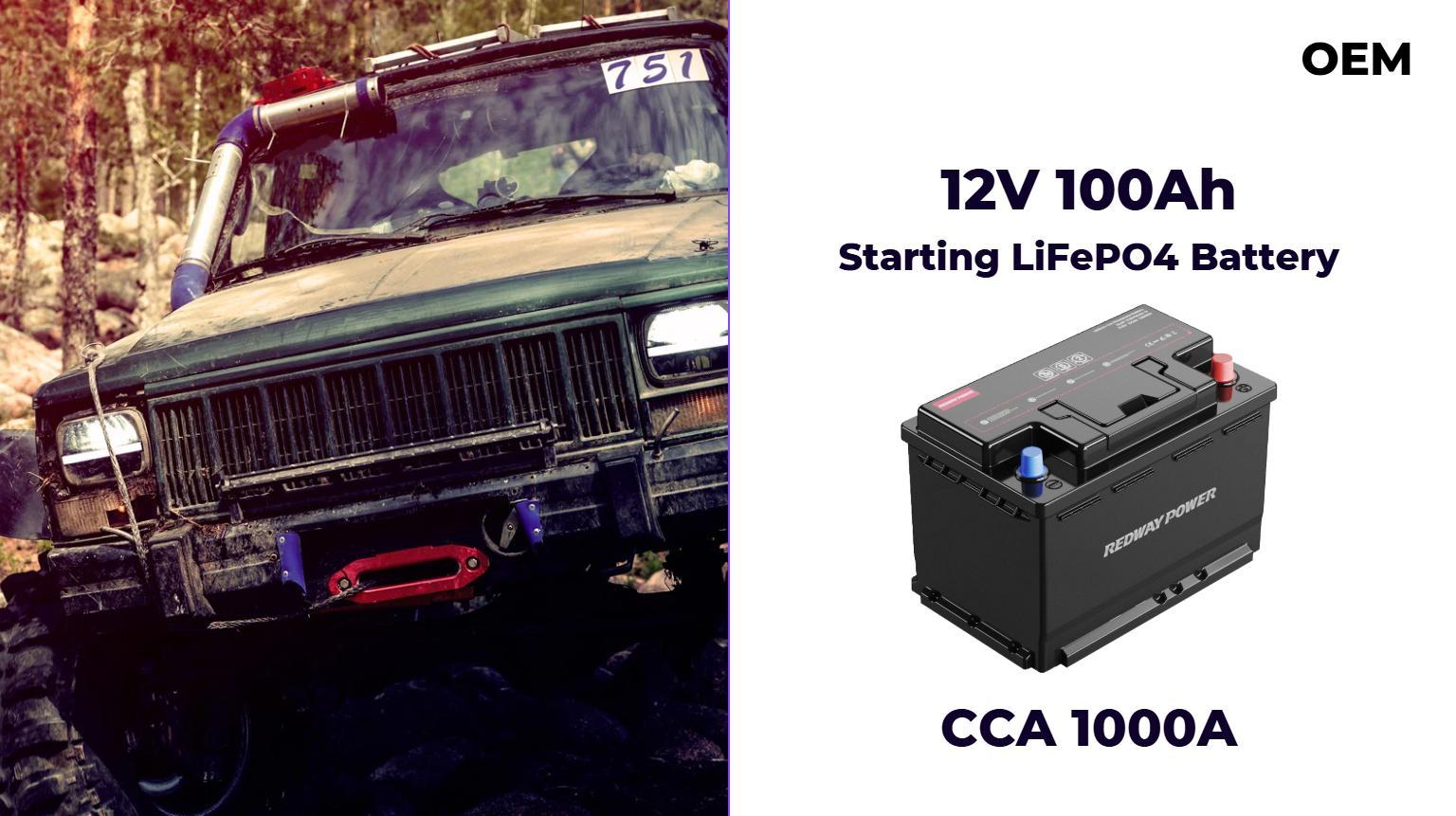
What are the Key Differences Between Marine and Car Batteries?
When considering the differences between marine batteries and car batteries, it’s essential to understand their unique functions, designs, and performance characteristics. Marine batteries provide sustained power for various applications, while car batteries focus on delivering quick bursts of energy to start engines. Understanding these distinctions is crucial for selecting the right battery for your needs.
How Do Marine Batteries Differ from Car Batteries?
Marine batteries are designed for deep cycling and sustained power output, making them suitable for powering various marine equipment. In contrast, car batteries are optimized for quick bursts of energy to start engines, featuring thinner plates for rapid discharge.
What are the Design Features of Marine and Car Batteries?
Marine batteries have thicker plates and robust construction to withstand harsh conditions, while car batteries have thinner plates designed for high current output during engine starts. Marine batteries also often include features for deep cycling and higher reserve capacity.
| Feature | Marine Battery | Car Battery |
|---|---|---|
| Plate Thickness | Thicker | Thinner |
| Internal Components | More robust | Less robust |
| Designed For | Deep cycling | Quick bursts |
Why is Battery Capacity Important for Performance?
Battery capacity determines how much energy a battery can store and deliver. A higher capacity allows devices to run longer between charges, enhancing usability. In vehicles, it influences driving range and performance, particularly in electric vehicles.
How Does Cycling Ability Affect Battery Lifespan?
Cycling ability refers to how many charge-discharge cycles a battery can undergo before performance declines. Frequent deep cycling can shorten a battery’s lifespan, while moderate use and proper charging practices can extend it significantly.
What is Reserve Capacity and Why Does it Matter?
Reserve capacity indicates how long a battery can provide power at a specific load before it needs recharging. It matters because higher reserve capacity ensures that devices remain operational during unexpected power outages or heavy usage.
| Type of Battery | Reserve Capacity (minutes) |
|---|---|
| Marine Battery | Higher (e.g., 180 minutes) |
| Car Battery | Lower (e.g., 90 minutes) |
Which Brands are the Best for Car Batteries?
Top brands for car batteries include Optima, Interstate, DieHard, and ACDelco. These brands are known for reliability, performance, and durability across various vehicle types and conditions. Several brands stand out in the automotive battery market due to their reliability and performance:
- AC Delco: Known for its long-lasting performance, especially in GM vehicles.
- Optima: Renowned for its unique design and high performance.
- Odyssey: Offers excellent cold weather performance with a four-year warranty.
- DieHard: Recognized for durability across various vehicle types.
- Interstate: Popular for its extensive distribution network.
When considering what is the best battery brand for car use, these brands consistently receive high marks from consumers and experts alike.
What are the Top Cold Weather Car Batteries?
The best cold weather car batteries include Optima Red Top, Interstate Mega-Tron Plus, and ACDelco Professional AGM. These batteries are designed to perform well in low temperatures, providing reliable starts even in frigid conditions. Cold weather can severely impact battery performance; thus, selecting a battery designed to withstand low temperatures is crucial:
- Odyssey Extreme Series: Performs well in temperatures as low as -40°F.
- Optima YellowTop AGM: Ideal for vehicles with high electronic demands.
- DieHard Gold: Offers reliable starting power in cold conditions.
These options are often regarded as some of the best cold weather car battery choices available on the market today.
How to Choose the Best Battery for Car Audio Systems?
When selecting a battery for car audio systems, consider factors like amp-hour rating, reserve capacity, and compatibility with your audio equipment. Opt for deep-cycle or AGM batteries to ensure consistent power delivery without frequent discharges. When selecting a battery specifically for car audio systems, consider:
- High Reserve Capacity: To support extended playtime without draining.
- High Cold Cranking Amps (CCA): For reliable starting power.
- AGM Technology: Provides better performance under heavy loads.
Choosing the right battery ensures that your audio system performs optimally without compromising your vehicle’s starting capabilities.
Expert Views on Battery Selection and Maintenance
“Choosing the right battery involves understanding your specific needs—whether it’s starting power or sustained energy output,” says an industry expert. “Regular maintenance, such as checking terminals and ensuring proper charging cycles, can significantly extend battery life.”
Frequently Asked Questions About Car and Marine Batteries
- Can I use a car battery in my boat?
No, car batteries are not designed for prolonged discharge like marine batteries; using one could lead to failure. - How often should I replace my car battery?
Typically every 3 to 5 years, depending on usage and maintenance. - What should I look for when buying a marine battery?
Focus on capacity, reserve capacity, cycle life, and durability against environmental factors. - What is the best battery brand for cars?
Brands like AC Delco, Optima, and Odyssey are often considered among the best due to their reliability and performance. - What is the best cold weather car battery?
The Odyssey Extreme Series is highly rated for its performance in extreme cold conditions.
Understanding these elements will help you make informed decisions regarding both marine vs car battery applications and ensure that you select the best options available.
